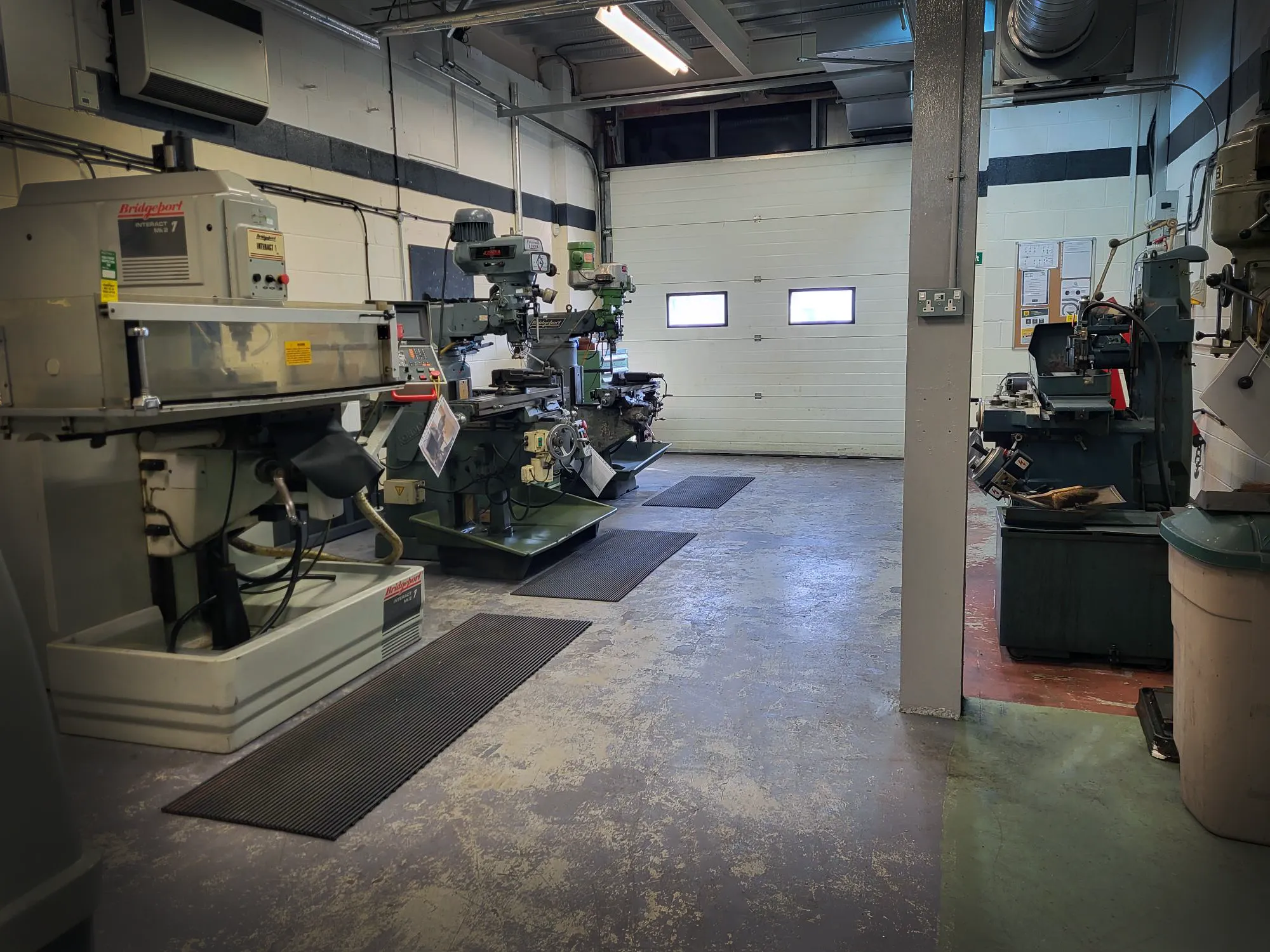Share this
Previous story
← Improvement Leaders drive Continuous Improvements
Next story
Which Engineers are in demand in the UK? →
To many people, engineering is all about bridges and buildings. They think engineers are only interested in calculating the load-bearing capacity of steel girders, or designing water pipes that will resist corrosion without bursting. While these disciplines do exist within the field of engineering, they’re just some of the many different areas you could study if you decide to follow a career path in this exciting field.
Engineering is a broad subject. It encompasses many different disciplines and sub-disciplines, all focused on solving problems. You could be an electrical engineer who designs battery packs for electric cars; or you could be an aerospace engineer who designs aeroplanes; or you could even be an industrial engineer who makes sure that production lines are running smoothly and efficiently.
Engineering can be rewarding because it allows you to work with your hands and create things that didn’t exist before. You could even get to travel around the world while doing something you love!
Engineers solve problems every single day, so it’s important for them to have strong analytical skills – in other words, they need to be able to think logically about what needs fixing before coming up with solutions for those problems (or even better: prevent them from happening in the first place).

Engineering is a vast discipline that encompasses a wide variety of fields and specialties. The type of engineering you choose to study depends on your interests, skills, and career goals.
Engineering is a great career choice for many reasons, but one of the best is that it offers you a wide range of opportunities. There are so many different types of engineering careers available that you can find something you’re passionate about and enjoy working on each day.
Engineering has been around since ancient times and continues to be one of the most important fields in modern society today. Engineers are responsible for designing everything from skyscrapers to cars and aeroplanes; they also make sure that these structures are safe enough for people to use without being damaged too easily.
These Related Stories



No Comments Yet
Let us know what you think